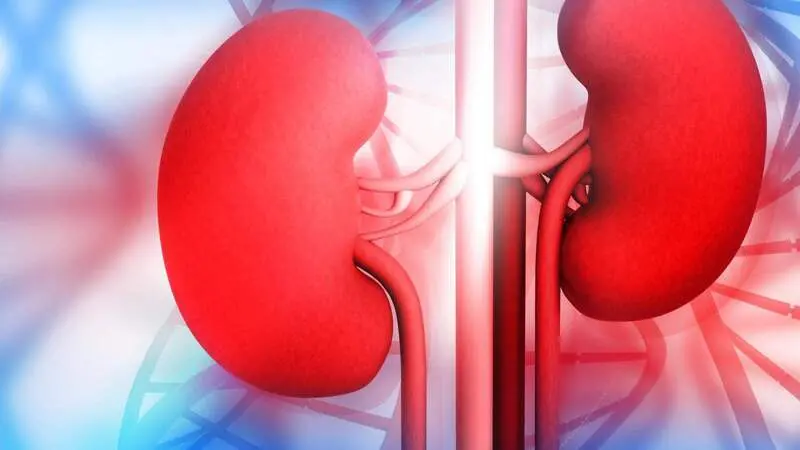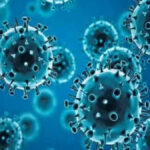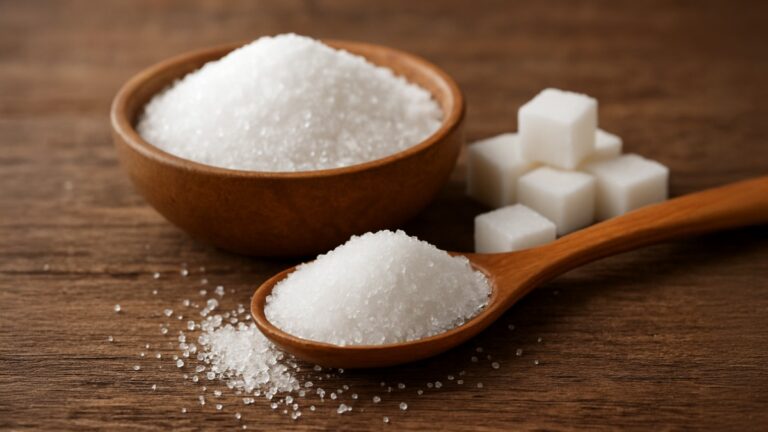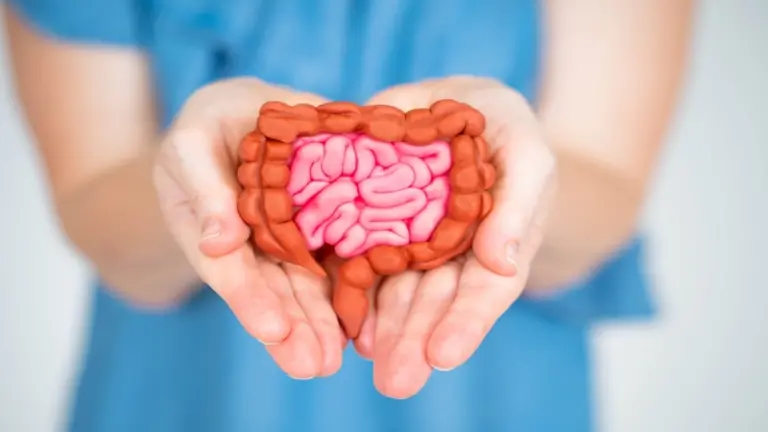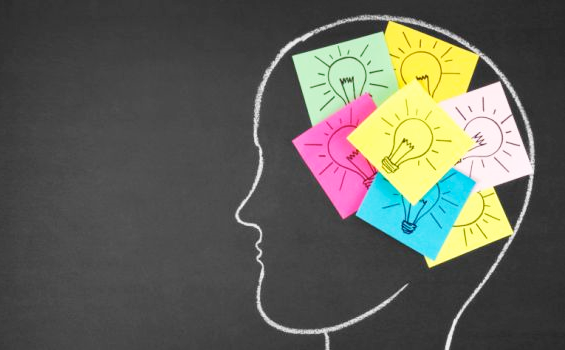The kidneys are vital organs responsible for filtering waste products from the blood, maintaining fluid balance, and producing urine. However, various factors can lead to kidney disorders, affecting their ability to function properly.
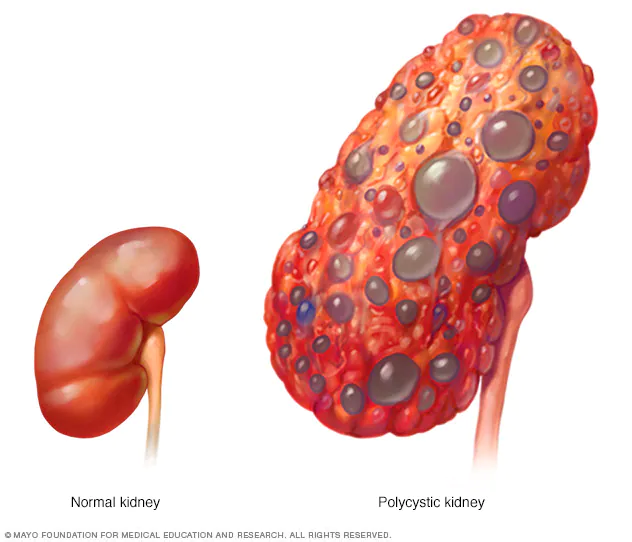
In this article, we will explore some of the most common kidney disorders, their causes, symptoms, and available trtreatmenteatment options
Chronic Kidney Disease (CKD) in kidney disorders
Chronic Kidney Disease, often referred to as CKD, is a progressive condition in which the kidneys gradually lose their ability to function over time. It is often caused by conditions like diabetes, high blood pressure, or autoimmune diseases. CKD can lead to complications such as fluid retention, electrolyte imbalances, and anemia.
Symptoms of CKD may include fatigue, frequent urination, blood in urine, swelling in the legs, and high blood pressure. Treatment for CKD focuses on managing the underlying cause, controlling blood pressure, and making dietary and lifestyle changes. In some cases, dialysis or kidney transplant may be required.
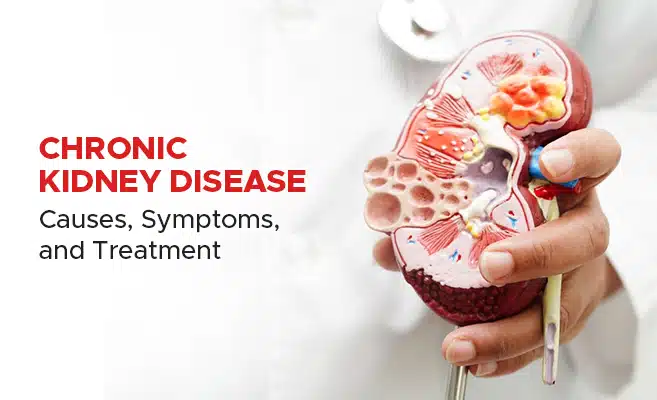
Kidney Stones
Kidney stones are solid mineral and salt deposits that form within the kidneys. They can vary in size and may cause severe pain when they pass through the urinary tract. Kidney stones are commonly composed of calcium, oxalate, or uric acid.
The symptoms of kidney stones include intense pain in the back or side, blood in urine, frequent urination, and nausea. Treatment options for kidney stones depend on the size and location of the stones. Small stones can often be passed naturally through increased fluid intake and pain management. Larger stones may require medical procedures such as extracorporeal shockwave lithotripsy (ESWL), ureteroscopy, or surgery.
Urinary Tract Infections (UTIs) as kidney disorders
Urinary Tract Infections occur when bacteria enter the urinary system and multiply in the bladder or kidneys. UTIs are more common in women than men and can be caused by factors like poor hygiene, or urinary tract abnormalities.
Symptoms of UTIs include frequent and painful urination, cloudy or bloody urine, strong-smelling urine, and pelvic pain. UTIs are typically treated with antibiotics to eliminate the infection. Drinking plenty of fluids and practicing good hygiene can help prevent UTIs.
Glomerulonephritis
Glomerulonephritis is a condition characterized by inflammation of the glomeruli, which are tiny filters within the kidneys. It can be caused by infections, autoimmune diseases, or certain medications. Glomerulonephritis can lead to kidney damage and impaired function.
Common symptoms of glomerulonephritis include blood in urine, foamy urine, swelling in the face, legs, or abdomen, and high blood pressure. Treatment aims to control inflammation, manage underlying causes, and preserve kidney function. Medications, immune system suppressants, and lifestyle changes may be recommended.
Polycystic Kidney Disease (PKD) as kidney disorders
Polycystic Kidney Disease is an inherited condition characterized by the growth of multiple cysts within the kidneys. These cysts can gradually enlarge and impair kidney function over time. PKD can lead to complications such as high blood pressure, kidney stones, and kidney failure.
Symptoms of PKD may include back or abdominal pain, blood in urine, frequent urination, and high blood pressure. Treatment focuses on managing symptoms, controlling blood pressure, and preventing complications. In advanced cases, dialysis or kidney transplant may be necessary.
Acute Kidney Injury (AKI)
Acute Kidney Injury, also known as acute renal failure, occurs when the kidneys suddenly lose their ability to function properly. AKI can be caused by factors such as dehydration, severe infections, medications, or kidney damage from trauma.
Symptoms of AKI may include decreased urine output, fluid retention, fatigue, confusion, and nausea. Treatment for AKI involves addressing the underlying cause, restoring fluid balance, and providing supportive care. In severe cases, dialysis may be required temporarily until kidney function improves.
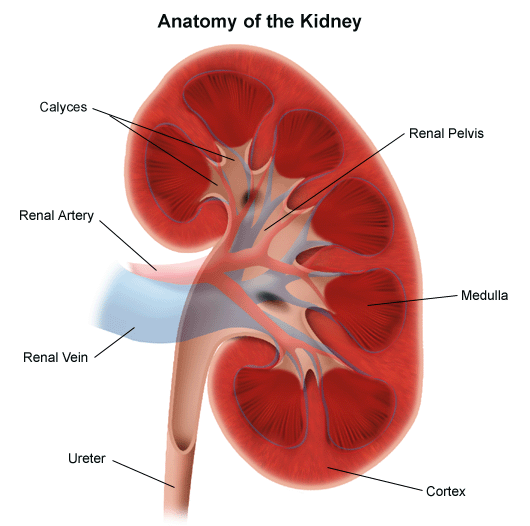
Kidney disorders can significantly impact a person’s health and quality of life. Early detection, proper diagnosis, and appropriate treatment are crucial in managing these conditions effectively. Chronic Kidney Disease, kidney stones, urinary tract infections, glomerulonephritis, polycystic kidney disease, and acute kidney injury are among the most common kidney disorders. Understanding their causes, recognizing their symptoms, and seeking timely medical intervention can help mitigate complications and preserve kidney function. If you suspect any kidney-related symptoms, it is essential to consult a healthcare professional for an accurate diagnosis and personalized treatment plan.
(Disclaimer: The information given here is based on general information. Before adopting it, definitely take medical advice. THE MONK does not confirm this.)

